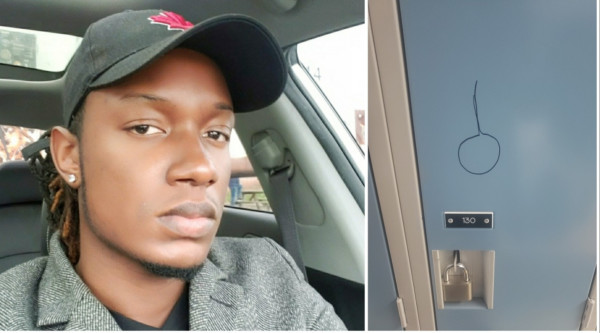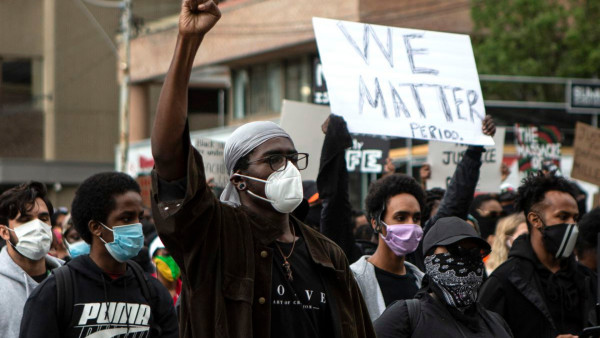Now we address the final step prior to the trial itself, namely, the pre-trial conference.
A pre-trial conference (or settlement conference as it is referred to in Small Claims Court) is a meeting between each of the parties involved in the lawsuit, their respective lawyers, and a judge. The pre-trial conference serves several purposes. First, the process to be followed at trial will be discussed. The judge will verify that each side is prepared for trial. Timing issues, such as the number of witnesses and the order in which they will testify will be discussed to ensure that the trial will be completed as scheduled.
Secondly, the pre-trial conference serves as an opportunity for each side to gauge the strength of its case. If you are attending a pre-trial, a written document called a pre-trial memo must be prepared by each lawyer. A pre-trial memo is not required for small claims court. The pre-trial memo summarizes the case that will be presented at trial and is based upon the relevant documents, testimony given at discoveries, and legal research. After reading the pre-trial memos and listening to the arguments made by the lawyers at the pre-trial conference, the judge will offer an opinion as to the strengths and weaknesses of the case presented by each side. This judge cannot be your trial judge since he or she has heard evidence about your lawsuit.
This is helpful in that it provides advance warning of weaknesses that need to be addressed before trial (ie. it might be necessary to locate additional witnesses, find documents which you didn’t expect would be important, or to conduct further legal research) and that it encourages each side to be realistic about its chance of success. This relates directly to the third purpose of pre-trial conferences.
The final purpose of pre-trial conferences is to encourage settlement. The vast majority of lawsuits do not proceed to trial but are instead settled at some earlier point in the process. Settlement is advantageous because it enables the parties to maintain control over the process (ie. rather than leaving the outcome up to the judge, whose decision may be hard to predict) and because it reduces legal costs. At the pre-trial conference, the judge will encourage the parties to discuss settlement and will advise the parties as to whether their respective positions are realistic. The judge may also suggest possible compromises which could help to achieve a settlement.
Since judges are highly knowledgeable and experienced, their opinions tend to carry great weight. It is important to remember however, that the opinions expressed by the judge at the pre-trial conference may not be shared by the trial judge. In other words, even if your case appears strong at the pre-trial conference, you are not guaranteed success at trial. As stated earlier, the judge who presides at the trial will not be the same judge who attended the pre-trial conference. The reason for this is that the pre-trial is intended to promote free and open settlement discussions and free expression by the judge of his or her opinion of the case. The trial judge will not be informed of the discussions which occurred at the pre-trial conference so that his or her decision will be based only on the evidence presented at trial.
Since the pre-trial conference provides a key opportunity for settlement, it is important to be fully prepared so that you can make the most of this opportunity. Preparation involves writing a pre-trial memo and considering your settlement options. Prior to the pre-trial conference you should discuss settlement with your lawyer and decide on:
a) a settlement offer you are prepared to make at the pre-trial conference (ie. this would be your favoured settlement option); and
b) the least favourable settlement you would accept (ie. your final offer).
Although you may change your mind based on the judge’s feedback at the pre-trial, by fully considering settlement options beforehand, you can reduce stress and make more effective use of the opportunities provided by the pre-trial conference.
If you require representation at a pre-trial or settlement conference or assistance with any part of the litigation process, please feel free to contact us.










